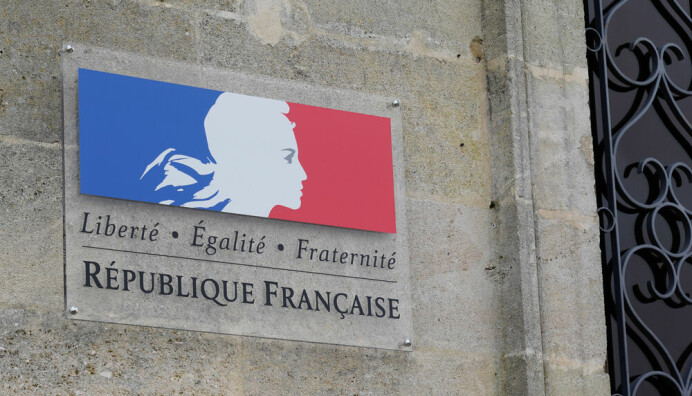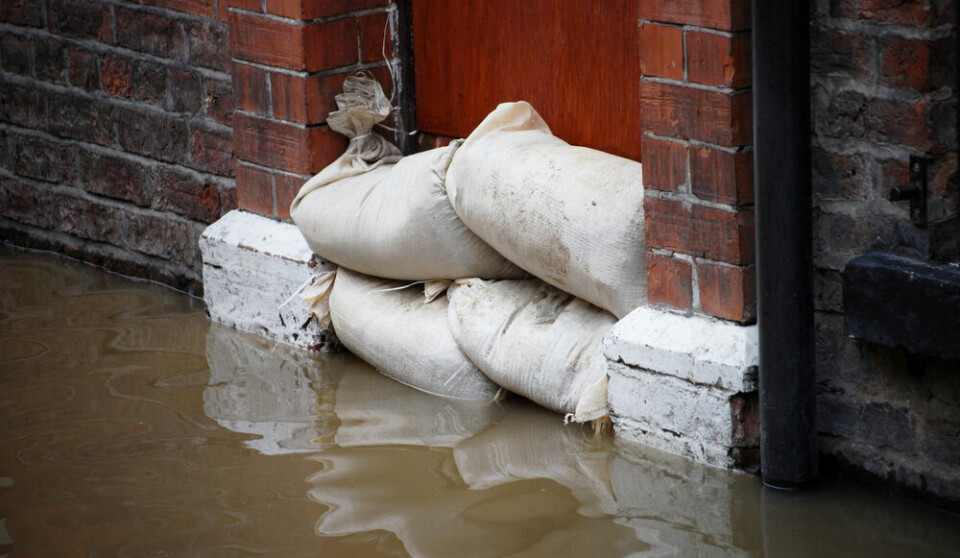-
Vosges birds to ‘recuperate in Norway’ as part of French trial
The plan is aiming to help the emblematic birds, proponents say - but critics say it is a ‘textbook example of what not to do’
-
New look at vaccine to combat Lyme disease in France
Continuing research has published promising results in ‘antibody vaccine’ method
-
Women given right to vote in France 80 years ago
It came a full 96 years after suffrage was extended to all men in France - and 51 years after New Zealand offered the vote to its women
PM outlines top priorities
Social charges reforms, axing the disliked RSI agency, billions invested in ecological measures, reforms of the taxe d’habitation ‘by the end of the 5-year presidential term’ and fines for antisocial behaviour were among a raft of measures announced by the Prime Minister today.

In an hour-long speech – his discours de politique général, a tradition for a new prime minister - Edouard Phillipe outlined key measures the government wants to prioritise.
This came as he announced via Twitter: “France is back. And especially in Europe. We owe it to the French people”.
Measures raised in the speech included:
- Reducing the budget deficit to 3% of GDP this year, down from 3.4% in 2016
- €50billion to be invested in eco-friendly energy and high-tech transport, with the aim of France becoming ‘carbon neutral’ by 2050. No more permits to be granted for exploration for fossil fuels; more taxation of diesel to equalise it with petrol
- The CICE income credit for businesses which take on staff, to be replaced by a lessening of social charges by January 1, 2019
- The ‘employees’ part of work social cotisations to be abolished, but the CSG social charge (which is levied on more kinds of income, including investments and capital gains) to be increased (an additional 1.7%) from 2018; the aim is more purchasing power for employees. The prime d’activité – a bonus for low-paid workers – will also be increased “because it must pay to work”.
- A reduction of the ‘employer’s’ part of social charges on salaries is also promised, especially for ones close to the minimum wage
- The rate of impôt sur les sociétés (corporation tax) to be reduced, to 25% by 2022
Stay informed:
Sign up to our free weekly e-newsletter
Subscribe to access all our online articles and receive our printed monthly newspaper The Connexion at your home. News analysis, features and practical help for English-speakers in France
- The state will rein in public spending, so it is no more in 2018 than 2017
- ISF wealth tax to be refocussed on bricks and mortar property to come in by 2019
- The Régime Sociale des Indépendants (RSI), the much-criticised body dealing with self-employed people’s cotisations sociales, to be abolished, with the self-employed being brought into the responsibility of the régime général as for employees
- The pension system to be reformed and made ‘fairer’ starting in 2018
- Reflection on a new form of national service to get under way this year
- Defence spending to be increased to 2% of GDP
- Immigration reforms to allow faster processing of asylum claims and more effective removal of those whose applications fail
- Action to be taken starting next year to enable people resigning to claim unemployment benefit
- Reforms to the Baccalauréat by 2021, with the exams held over a shorter period and more use of continuous assessment
- Increasing the number of vaccinations that young children must have
- Reforms to taxe d’habitation, taking many moderate or low-income families out of the tax by the end of the five-year presidential term
- Simplifications to the criminal justice system from 2018. Certain kinds of antisocial behaviour would now attract fines and 15,000 extra prison places will be built
- Cigarettes to rise to €10
- Superfast fibre-optic broadband “everywhere in France” by 2022
- Complete reimbursement for hearing aids, dental prosthetics and glasses
- An increase to the AAH disability benefit and the Aspa pension top-up























